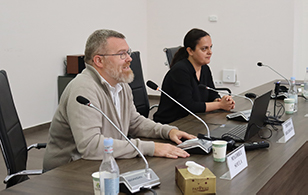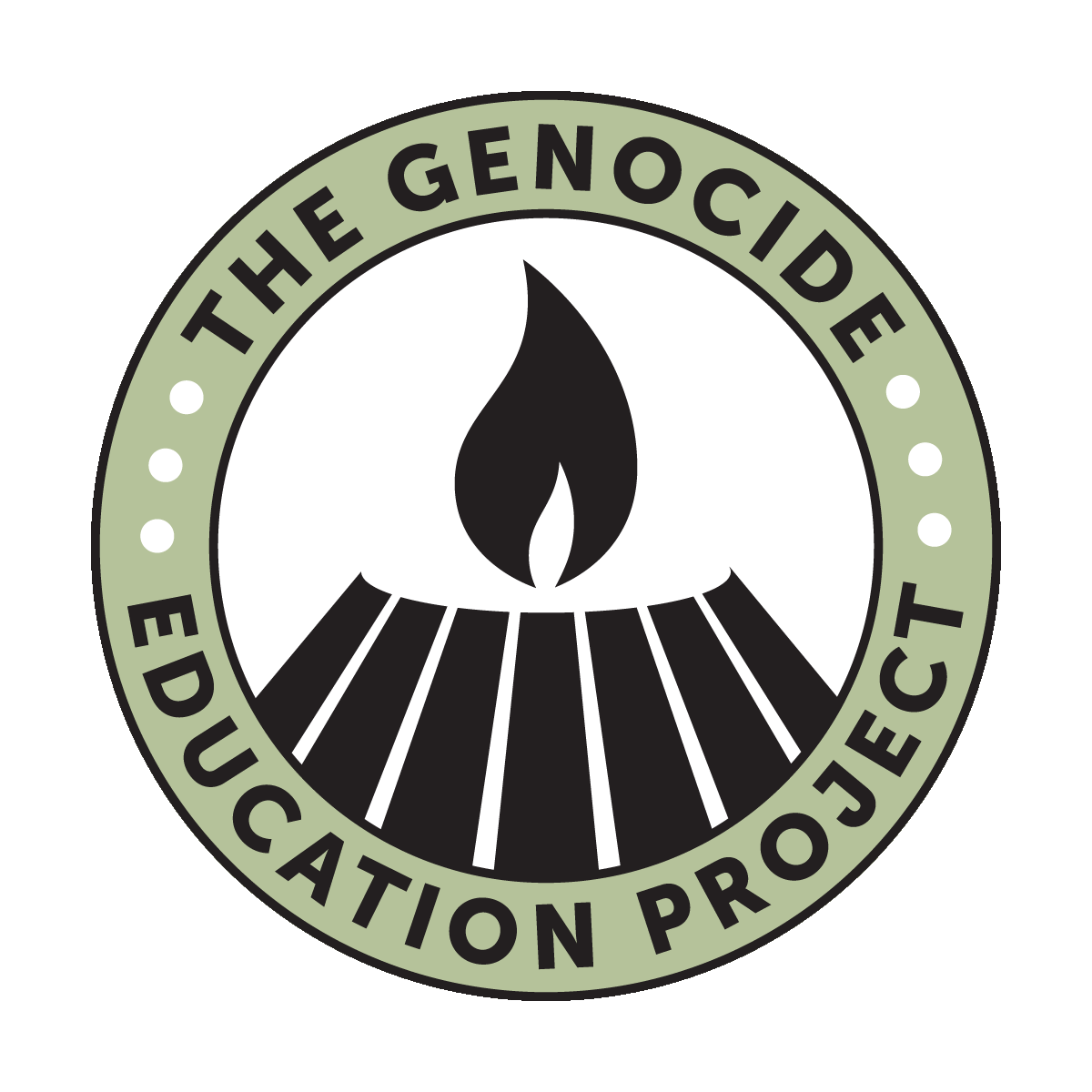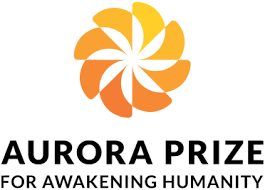26.10.2024

From October 23 to 25, the Armenian Genocide Museum-Institute (AGMI) hosted a three-day international conference titled “The International Recognition of the Armenian Genocide: Memorial, Political, and Geopolitical Stakes of a Decades-Long Unfinished Struggle.” The event gathered around thirty scholars from countries including Armenia, France, the United States, Belgium, Germany, Poland, Lebanon, Brazil, Argentina, New Zealand, India, Australia, Ireland, Finland, and Spain. Notable attendees included Nora Arisian, Ambassador of Syria to Armenia; Andrew Turner, Ambassador of Canada; Rafael Enrique Gonzalez Aleman, Ambassador of Argentina; and Denis Nazarov from the Russian Embassy.
In her opening remarks, AGMI Director Edita Gzoyan explained that the conference was inspired by discussions with co-organizer Julien Zarifian, Professor at the University of Poitiers. Gzoyan emphasized that international recognition of the Armenian Genocide began alongside the atrocities themselves. On May 24, 1915, Russia, Great Britain, and the United States issued a joint declaration condemning the massacres as crimes against humanity and civilization. Remarkably, the Turkish state itself also condemned the massacres in military courts, punishing key perpetrators in absentia. However, recognition and condemnation of the Armenian Genocide faded from prominence until after World War II, resurfacing with the adoption of the term “genocide” and the subsequent convention. Gzoyan noted the essential role of diaspora organizations in sustaining these recognition efforts.
Key figures at the conference included Virginie Laval, President of the University of Poitiers; Salwa Nacouzi, Rector of the French University of Armenia; and Marc Mamigonian, Academic Director of the National Association for Armenian Studies and Research (NAASR), who all extended their support and welcomed participants.
The first day concluded with a roundtable on American recognition of the Armenian Genocide, featuring Julien Zarifian and former U.S. Ambassador to Armenia John Evans.
The second day featured engaging sessions on the progress and obstacles surrounding genocide recognition globally. Discussions covered recognition surges in various countries, including Great Britain, Israel, Australia, Japan, and South Asian countries, and examined why some of these nations have not formally recognized the Armenian Genocide. Subsequent sessions addressed the recognition process in Europe, focusing on German acknowledgment and the influence of Armenian communities, particularly in Poland. The day ended with a session dedicated to Latin American recognition, with special attention to Argentina.
On the conference's final day, sessions explored the legal aspects of genocide recognition and steps to advance the process further. Each session included question-and-answer segments, fostering discussions on strategies for Armenian Genocide recognition and prevention of future genocides.
Concluding the conference, AGMI Director Edita Gzoyan expressed gratitude to all participants and supporters, and shared plans to publish the conference reports in a dedicated volume. Following the closing remarks, Professor Nélida Elena Boulgourdjian from the National University of Tres de Febrero, Argentina, and Melanie O’Brien, President of the International Association of Genocide Scholars, received the Aurora Mardiganian Memorial Medal for their contributions to Armenian Genocide research and recognition. Professor Julien Zarifian of the University of Poitiers and former IAGS President Henry Theriault were honored with the Henry Morgenthau Memorial Medal.
Awardees expressed deep gratitude for the recognition and reiterated their commitment to the ongoing fight for justice.
For more information about the participants and presentations, visit
https://genocide-recognition.am/?page_id=11.





